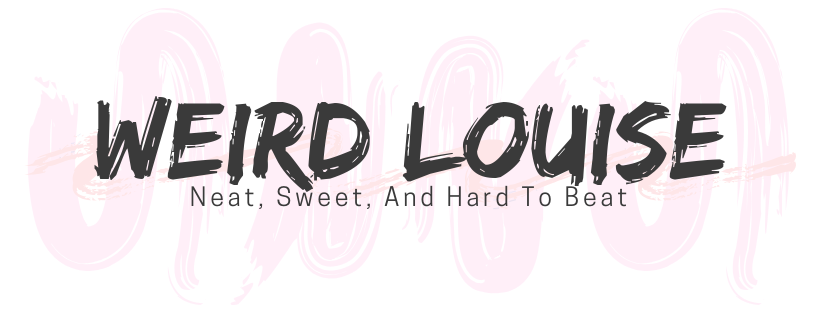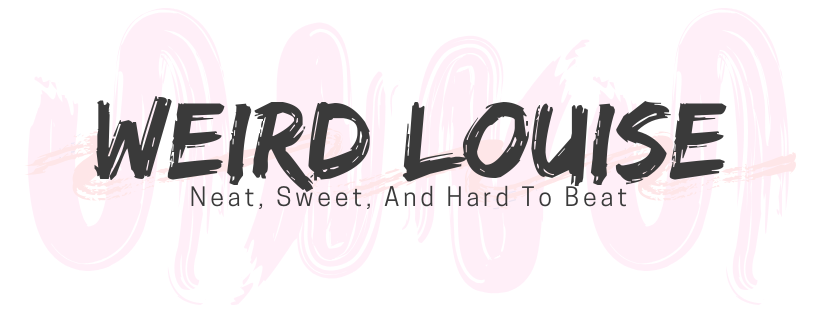
We all tend to get stuck in our heads from time to time. Overthinking or ruminating over things that we can’t change or haven’t happened. It can easily take over our mental space and take us away from what’s going on around us. Grounding is the practice of bringing our awareness back to the here and now. It takes your attention from your thoughts and emotions and it refocuses it on our bodies and the world around us. Grounding exercises help us become present in our lives. Whether it’s day-to-day stress or severe anxiety or depression. Grounding exercises can help you to break the cycle of troublesome mental habits. We are all a student of our own mental and emotional state. When we become more aware of what triggers anxiety or causes us to be overwhelmed. We are able to break those recurring cycles and maintain a healthy response.
Count Your Senses
If you are new to grounding it can help to have something specific to focus on. By counting your senses you can bring yourself back into your physical body by focusing on what’s happening at the moment. In this exercise, you’ll simple acknowledge, either in your head or out loud things that deal with your five senses. Look around the room and list 5 things you can see, 4 things you can hear, 3 things you can feel, 2 things you can smell, and 1 thing you can taste.
Journaling
Journaling is a great way to gain clarity and be present in the moment. It forces you to slow down and focus on what’s really going on. Instead of freewriting and dumping what’s in your head. You’ll use a writing prompt to frame your thinking and act with purpose. By thoughtfully considering a journal prompt, then spending time reflecting on your answer and putting thoughts on paper. Through this process, you’ll be both observant and reflective. The end goal with using prompts is to be grounded and present. With this in mind, it’s best to find a quiet place to write without interruptions.
Grounding Journal Prompts
- What are you feeling right now?
- What is something you’re grateful for?
- Describe where you are.
If you’re new to journaling and don’t know where to start. I’ve included a practical journaling guide to help untwist anxiety. To help you better understand yourself and bring you back to the present. By accessing your own emotional state through tracking, identifying, and changing your perspective. You can download the worksheet here.
Meditation and Mindfulness Practices
Practicing mediation and mindfulness routinely is a great way to keep yourself grounded. These practices’ main purpose is to keep you in the present moment and out of your head. If you’re new to mediation, there are lots of videos on YouTube that’ll guide you through the process. There are also metaphysical tools that can help promote the grounding feeling such as crystals or essential oils.
Breathwork
Breathwork is breathing for relaxation, awareness, and improved focus. It brings attention to your breathing. Take a deep breath and hold it for a few seconds before exhaling. Then repeat. There are different breathing exercises to help bring your focus to the present. Give them a try and find out which one works best to soothe your anxiety.
Exercise
Not only is regular exercise great for both your mental and physical health. It can be a grounding exercise when you’re feeling overwhelmed with anxiety. A walk around the block or trip to the gym to get the blood pumping and boost your mood.
Go for a Nature Walk
Being in nature can help reduce stress and improve your mindset. Spend some time in nature and focus on what you see, smell, and hear. Bring your mind to the present and focus on the beauty of nature.
Focus on Gratitude
Focusing on gratitude helps to focus on the good outside of anxiety. When we experience anxiety our minds tend to go to the worst possible outcome. Instead of focusing on everything that can go wrong, focus on the goodness that exists outside of anxiety. List in your head or on paper five things that you’re grateful for.
It’s not uncommon to suffer from anxiety, and there’s no need to suffer in silence. You can always reach out for help. If none of the above helps to relieve your anxiety, then reach out to a health professional. Learn what triggers your anxiety, how to desensitize yourself to triggers, and new coping methods. Anxiety is treatable, and you don’t have to suffer in silence, so don’t put off asking for help.
Related post: 4 Mindful ways to deal with Difficult Emotions
Pin me!

















I love journaling, I wish I did it more. Gratitude is so important